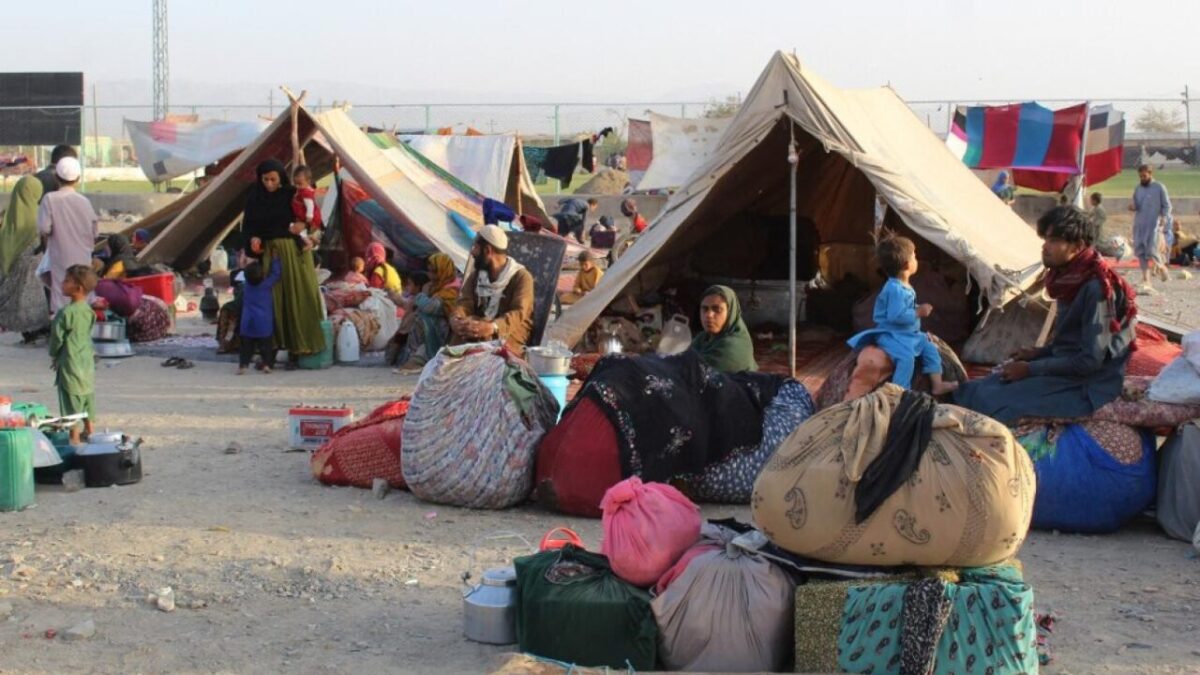The Taliban-run Ministry of Urban Development and Housing announced that 13,895 acres of land had been designated across various provinces to establish settlements for refugees returning from the neighboring countries.
In a statement on Sunday, the ministry said the allocated land spans nine provinces, with refugees to be resettled in Kabul, Ghazni, Uruzgan, Farah, Kandahar, Jawzjan, Samangan, Panjshir, and Bamiyan.
This comes nearly two years after large-scale forced deportations of Afghan migrants from Pakistan and Iran. Many of these returnees continue to report a lack of basic necessities, including housing.
Struggles of returnees
Since the deportations began, official estimates suggest that Iran and Pakistan have expelled close to four million Afghan migrants, both forcibly and voluntarily. Upon returning, many have faced significant challenges, including homelessness, poverty, food insecurity, inadequate healthcare, and limited opportunities for employment.
Educational restrictions, particularly the Taliban’s ban on schooling for girls, have further compounded the difficulties faced by returning families.
As winter approaches, many returnees express fears about inadequate food supplies and the lack of heating in their homes. Some continue to live in refugee camps in provinces such as Nangarhar, Zabul, and Herat, where they endure harsh conditions under makeshift tents.
Additionally, deported refugees report that much of their belongings were left behind during their forced removals. Many now struggle to afford basic household essentials in Afghanistan.





